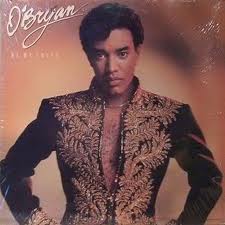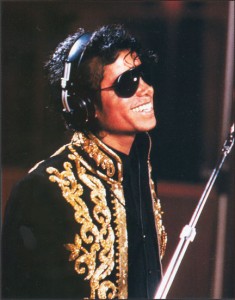(The video portion of this post might be NSFW.)
There have been many pieces written in the past couple of days about how important Don Cornelius was to popular culture. The entertainment mogul, who died on Wednesday, is best known as the creator of the long-running dance/variety show “Soul Train.” From 1971 to 2006, the show (and it’s various offshoots) offered the best of R&B, jazz, gospel and hip-hop, and it’s importance can’t be understated.
Cornelius was also a talent scout. Along with the late Dick Griffey, he founded Soul Train Records (later SOLAR Records,) the label that gave us The Whispers and Shalamar (and later The Deele, the band that spawned entertainment moguls L.A. Reid and Babyface.) Cornelius and Griffey’s partnership eventually dissolved, but Don went on to discover an R&B singer named O’Bryan. While his name is likely unfamiliar to the average pop music fan, O’Bryan released four albums on Capitol Records during the Eighties, and scored a handful of R&B chart hits, including two top fives: 1982’s “The Gigolo”, and the track we’re spotlighting here, 1984’s #1 smash “Lovelite.”
“Lovelite” is a sprightly little funk number that was a perfect fit on the radio next to songs like “Breakin…There’s No Stoppin’ Us” and “When Doves Cry.” I’ll be honest with you-I’d never seen the video until I got ready to put together this post. Holy moly-there’s so much to snark on in this clip I don’t know where to begin!! The video continues in the great ’80s tradition of featuring a full band when there’s only a bank of synthesizers actually being played on the song. There is more jheri curl juice used in this video than in my previous thirty entries in this series combined (not to mention a really bizarre blond highlight job by one of the “instrumentalists”,) and the whole thing is camp city.
Two things stand out majorly here. I kept looking at O’Bryan’s choice of jacket and thinking “Michael Jackson.” At first, I thought it was just the vague military design of the jacket and then I realized something.
OK-so they’re not exactly the same. Still…interesting.
The second thing I noticed was…there’s nudity in this video! Since MTV wasn’t playing that many black artists, I don’t think that was a concern, but I’m pretty sure BET (to say nothing of network TV) wouldn’t have gone near this clip with as many boob shots as it has (there’s also a shot of a guy’s bare ass–equal rights.) After doing a little research (i.e. scouring through a couple of comments on YouTube) it was mentioned that this particular version of the video was meant for the Playboy Channel. Who knew they even played videos?
At any rate, “Lovelite” was O’Bryan’s biggest hit, but not necessarily his best known song. His song “Soul Train’s A-Comin’,” written in tribute to the man who mentored him, went on to be used as “Soul Train”‘s theme through the late Eighties and into the early Nineties. O’Bryan still records and performs-his most recent album was released about five years ago. As one of the most direct beneficiaries of Cornelius, I’m sure he feels Don’s loss keenly. It’s hard for some younger folks to imagine a world where black music wasn’t given an equal playing field-especially in light of the influence R&B and hip-hop have over the musical landscape today. Don Cornelius is as responsible for bringing on this change as anyone, and he will be missed.








Comments